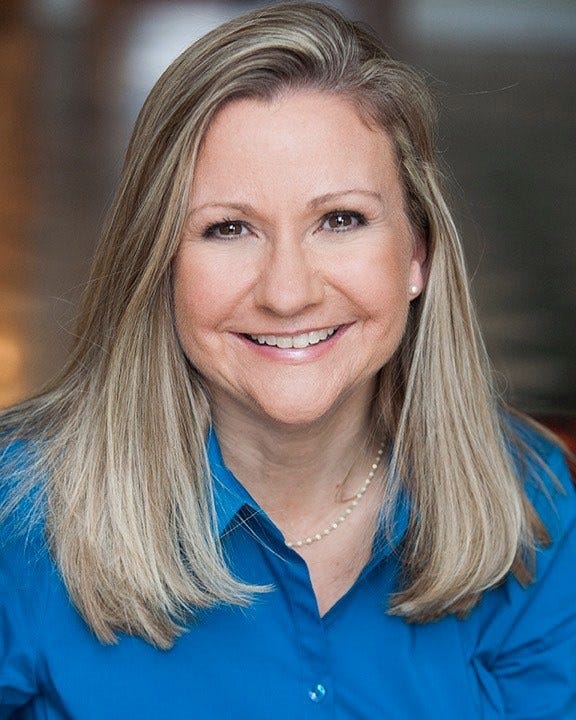Amanda Chase filed a lawsuit against the Republican Party of Virginia
The latest in the nomination drama for the Republican Party of Virginia
She said she wants it to be clear that she is not doing this for herself, but gubernatorial candidate Amanda Chase (Chesterfield) believes that the Republican State Central Committee (SCC) is disenfranchising voters by choosing to nominate statewide candidates with a convention. That is why she filed a lawsuit against the Republican Party of Virginia on Tuesday, she says.
“I am suing the Republican Party of Virginia on behalf of the people of Virginia, who want a say in who their next Governor, Lieutenant Governor and Attorney General will be,” Chase said on Tuesday. “Currently, the Republican Party of Virginia has chosen a method that is illegal under the Governor’s current executive orders and is secretly planning to choose the statewide nominees themselves, bypassing the people of Virginia. I will not stand for this. The people should be allowed to vote on Republican nominees.”
The SCC is scheduled to meet again on February 27 when they will try once again to change the nomination method from a typical convention to an unassembled one. The change is needed due to COVID-19 restrictions that are were put in place by Governor Ralph Northam that put a limit on large gatherings.
Meeting on February 27 has consequences, as the Republican Party of Virginia (RPV) has to notify the state’s Board of Elections by February 23 if they want to use a primary nomination method.
February’s meeting comes after several failed attempts at recent meetings by primary supporters to flip enough votes to overturn the original convention decision.
Chairman of the RPV, former Delegate Rich Anderson, wrote members recently warning them that he is afraid the committee will be unable to reach the consensus needed to alter the method – leading to the small executive committee choosing the nominee.
“Without approved State Party Plan (SPP) amendments for an unassembled convention, we are now on a trajectory that will preclude an assembled convention, an unassembled convention, and a primary,” Anderson wrote in a letter to committee members in late January. “That will require that our three statewide nominees be selected by the State Central Committee (SCC), which will take on the perception of party bosses huddled in a smoke-filled back room.”
Chase is one of many Republican gubernatorial candidates with an interest in the nomination method. Former House Speaker Kirk Cox (Colonial Heights) and media mogul Pete Snyder (Charlottesville) both potentially have an inside track if the nomination remains a convention, unassembled or not. But former Carlyle Group CEO Glenn Youngkin and Chase both stand to benefit from a primary election – Chase has name recognition and Youngkin has money – which is a much larger benefit in a primary compared to a convention.
Richard Meagher, associate professor of Political Science at Randolph Macon University said it is hard to know what type of decision a judge will make, but he would be surprised to see one step in here. “Courts are reluctant to interfere with elections unless there is a really compelling reason,” Meagher said on Tuesday. “That’s especially true when we are talking about party elections, which are technically under the control of the party.”
Chase believes that the Republican’s chances of winning in November will be lower if they nominate by convention.
”Even the Democrat Party of Virginia has allowed their supporters to chose their statewide nominees in a June primary,” Chase said on Tuesday. “How will Republicans win in November if candidates don’t even know the details of the nomination process? Clearly, many welcome the standoff. It means they, members of the SCC will choose the Republican nominees; and apparently they’re okay with that. I am not; and neither should you.”
Media contacts for the RPV have not responded to requests for comment at the time of this article being published.




